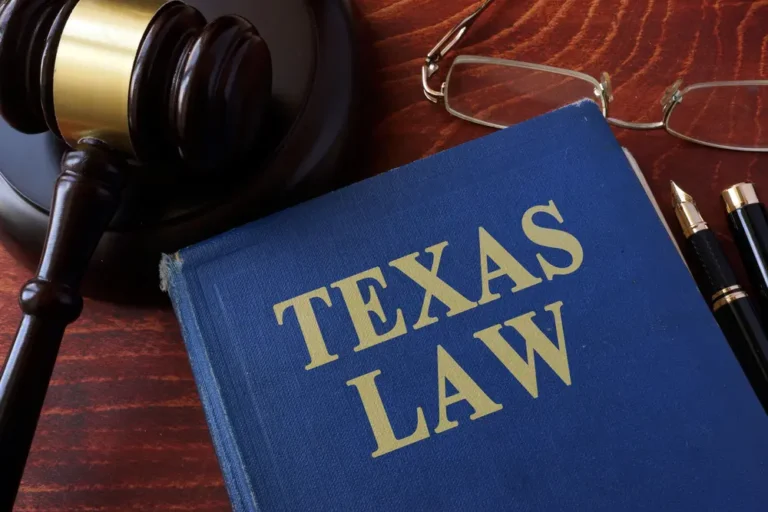My Parents Didn’t Have a Will: What Do I Do?
If your parents passed away without a will, you might be wondering what happens next. In Texas, when someone dies without a will, state laws decide how their property is divided. This process is called intestate succession, and it can take time and cause stress for families. Here’s what you…











